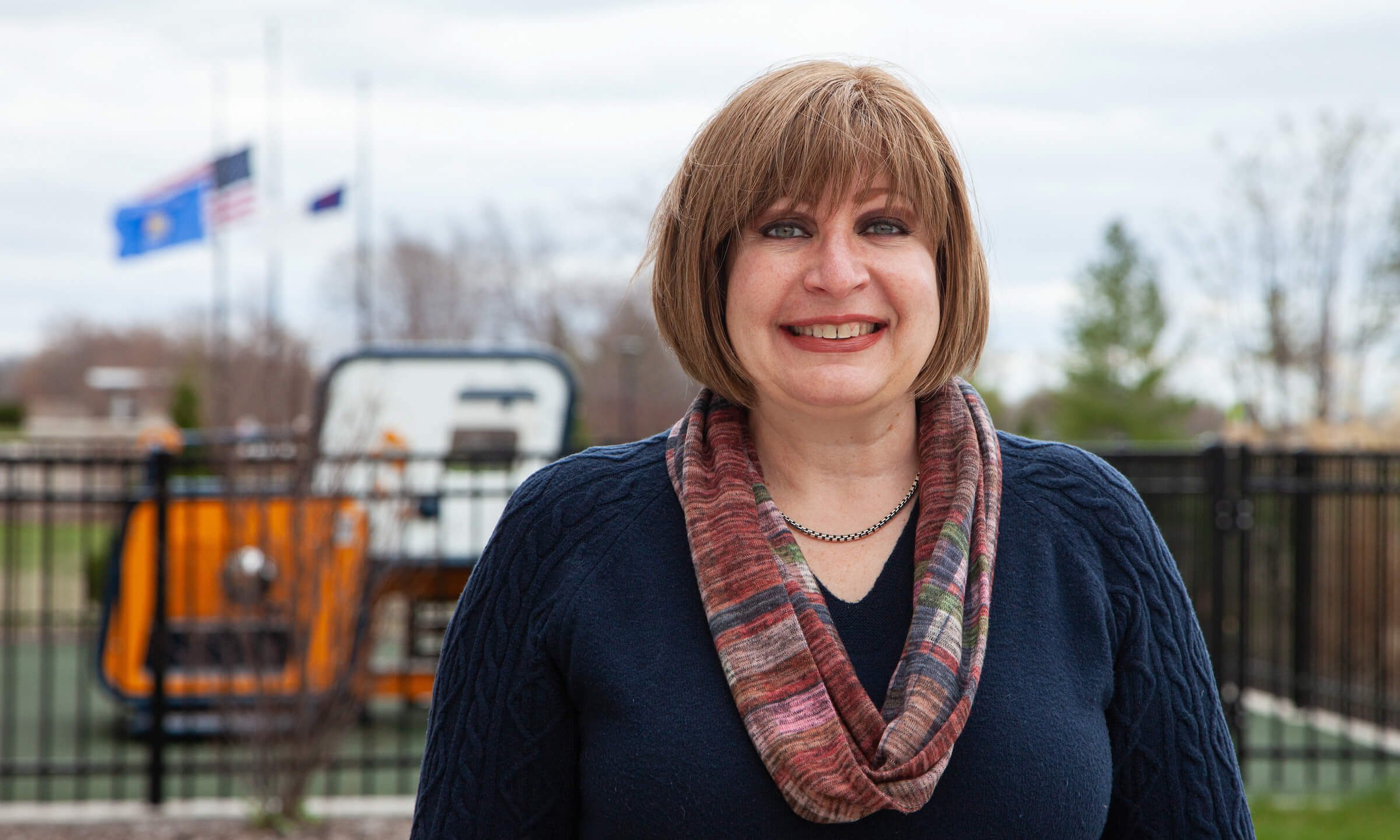
Parks and outdoor green spaces can have a positive impact on your mental and physical health.
Access to parks and play spaces has a positive impact on public health
With the promise of warmer weather ahead and COVID-19 vaccines on rollout, the world is steadily opening up again. There’s no better time to get out and play—and there’s no greater remedy than the Great Outdoors for one’s overall health.
Concordia University Wisconsin’s Sandy Slater, PhD, MS, has spent years cataloguing the impact of access to parks and other play spaces on public health. In short, her research supports a long list of studies that agree: physical activity has a significant effect on a person’s overall wellbeing.
“The importance of engaging regularly in physical activity of any kind is well established,” says Slater. “Providing the public with easy and safe access to parks and green spaces encourages that physical activity.”
RELATED: Interested in public health? Concordia offers a bachelor’s degree in public health that you should check out.
The mental and physical benefits of park access during COVID-19
Outdoor play became even more important amidst the pandemic. This is why, last summer, Slater co-authored a paper that provided recommendations to ensure green spaces remain accessible to all during the pandemic. Her paper was published in Preventing Chronic Disease (PCD), a peer-reviewed open access public health journal published by the Centers for Disease Control and Prevention. Slater’s article was ranked among PCD’s top 10 most popular articles of 2020.
According to Slater’s article, research has shown physical activity to be beneficial in protecting the body against known risk factors of the virus and limiting damage caused by COVID-19. Yet, over the past year, access to play spaces has been significantly limited due to shelter-in-place orders and other restrictions brought on by the pandemic. The limitations were far-reaching, as COVID-19 limited access to school playgrounds, fitness facilities, community recreation spots, local parks, trails, open green spaces, and state or national parks.
Prioritizing vulnerable populations
Slater’s report notes that restrictions of this sort could disproportionately harm vulnerable populations and people of color. African Americans and Hispanics, who already have higher rates of COVID-19 infection, tend to live in urban areas where green space options are either limited or less available.
The report, therefore, recommended measures such as:
- Adjusting fees on the basis of need
- Proactively prioritizing and formally organizing park visits for vulnerable populations
- Modifying policies on the use of public transit
- Adopting open- or slow-street initiatives that prioritize pedestrians and cyclist safety
The research effort continues around park access and green space
In addition to her published recommendations, Slater is part of an effort to evaluate how states throughout the country handled shelter-in-place orders. This work will examine how such policies associate with park visits and mental health outcomes. The research effort is spearheaded by the PAPREN Parks and Green Space Work Group, a multi-disciplinary network of researchers and practitioners from academia, non-profit organizations, government, and the private sector that aims to increase research and support the implementation of evidence-informed policies and practices related to parks and green space.
To date, the PAPREN team has collected more than 3,000 documents from state-issued communications pertaining to COVID-19 restrictions. The team is currently analyzing these documents to examine how states addressed restrictions related to recreation sites over the past year. Slater says they hope to issue a report in the fall.
“I hope our research helps to add to the evidence of how important and essential public recreation spaces are for overall health—not just physical, but also mental health,” says Slater. “Our aim is to help communities think about ways to reimagine their public spaces by considering their long-term impact on health.”
Feeling inspired?
If you’d like to learn more about our programs at Concordia University, visit us at cuw.edu.
— This story is written by Kali Thiel, director of university communications for Concordia University Wisconsin and Ann Arbor. She may be reached at kali.thiel@cuw.edu or 262-243-2149.
If this story has inspired you, why not explore how you can help further Concordia's mission through giving.